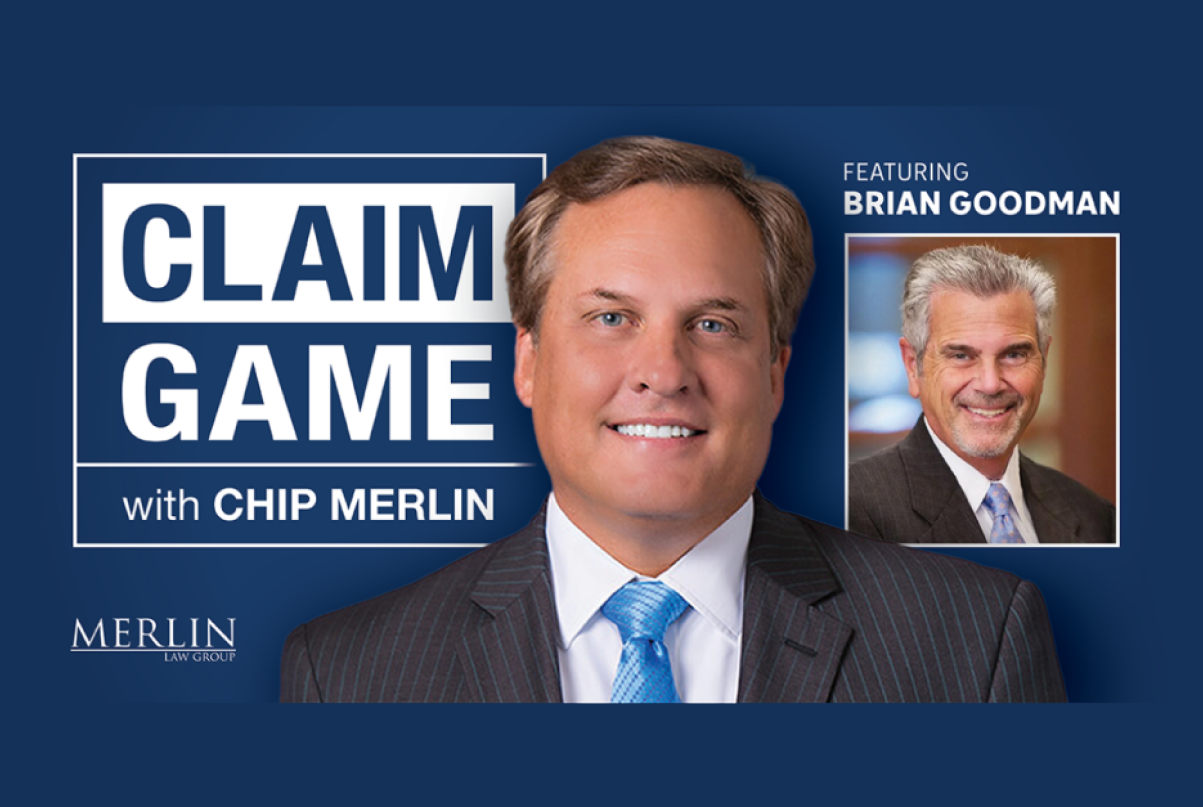Indiana House of Representative member and National Council of Insurance Legislators (NCOIL) Matt Lehman announced today in a webinar hosted by Rutgers University that NCOIL would oppose any retroactive legislation changing the business income and civil authority portions of the commercial property insurance policies. Lehman is an insurance agent:
Matt has been with Bixler Insurance, Inc since 1991 and became a partner in 1995. He specializes in commercial insurance ranging from main street merchants, to large manufacturing. He also works closely with small and large agribusiness exposures, as well as all aspects of personal lines insurance. He received his Certified Insurance Counselor certification in 1995. Matt also currently serves in the Indiana House of Representatives and currently chairs the House Insurance Committee….
I wonder what his customers think about him trying to prevent them from getting coverage through any type of legislation.
NCOIL has a resource page on the topic of insurance and the coronavirus pandemic which states in part:
NCOIL believes that such legislation would not only be inadvisable for policy and economical reasons, but would also violate the Contract Clause within Article I of the United States Constitution, which prohibits the Legislature from impairing the obligation of contracts.
NCOIL understands that professionals and businesses are facing unprecedented, dire economic challenges; however, we cannot compound the damage to the broader economy by forcing insurers to pay claims for which they did not contract. To do so could destabilize these insurers and render them unable to pay claims for which they did accept the risk, and did rate. NCOIL has reached out to Congress to express these concerns and to advocate for the creation of a COVID-19 Business Interruption & Cancellation Claims Fund (COVID Claims Fund). Following the tragedy of 9/11/2001, Congress enacted the Air Transportation Safety and System Stabilization Act and included within it the Victims Compensation Fund (VCF). We urge a similar solution now for the legion of businesses & professionals who are suffering from unprecedented costs from the interruption of their businesses as well as the many associations who have had to cancel their events, virtually all of whom have an exclusion in their business interruption and event cancellation policies for communicable diseases.
A discussion draft of legislation titled the ‘Pandemic Risk Insurance Act of 2020’ (PRIA) which would create the Pandemic Risk Insurance Program (PRIP) to provide a federal backstop for insured pandemic losses has been shared with certain Members of Congress. While we have not yet completed an exhaustive analysis of PRIA, we note that it is based on the Terrorism Risk Insurance Act (TRIA, now TRIPRA), which NCOIL does support. Accordingly, we believe it is likely that NCOIL will be supportive of PRIA. However, we do note that PRIA would provide a backstop for insured losses. The losses for which we believe the COVID Claims Fund is necessary are uninsured losses because they fall specifically within the communicable disease exclusion contained in business interruption and event cancellation policies. PRIA though would operate prospectively, enabling businesses, professionals and associations to procure pandemic coverage in the future because insurers will not exclude it once a federal backstop is in place, much like terrorism insurance became available once TRIA passed.
Sean Kevelighan is a spokesperson and communications specialist. He currently works for the Insurance Information Institute and his message from the insurance industry in summary was:
- The financial strain of a pandemic can only be met by the resources of the federal government. Payment of the loss of income claims will bankrupt the insurance industry.
- If insurers were to pay the coronavirus caused loss income claims, there will not be enough money left over to pay other claims.
- Page 3 of most policies clearly exclude payment for virus or bacteria caused claims and clearly exclude this pandemic.
Here is Kevelighan’s bio:
Sean Kevelighan joined the Insurance Information Institute as President and Chief Executive Officer in August 2016. Previously, he was Group Head of Public Affairs for Zurich Insurance Group where he oversaw Government and Industry Affairs as well as Corporate Responsibility. He joined Zurich in May 2013 as Head of Government and Industry Affairs for North America, with responsibility for driving the public policy agenda in the region. Prior to that, he worked at Citigroup, Inc., as Head of Strategic Communications for its Global Consumer Banking business, and for Zurich, as Head of Group Media Relations in North America. He has served in various public sector posts in Washington, D.C. As a political appointee in the administration of President George W. Bush, he served first in the Department of Treasury as a spokesperson for economic issues, and eventually became Senior Advisor for the Office of Tax Policy. He was also the Press Secretary for the White House Office of Management and Budget. Additionally, he worked on Capitol Hill, serving on the staff of members of Congress; most notably as Legislative Director for Representative Bob Schaffer of Colorado. Sean’s private sector experience in Washington, D.C. included positions at public affairs firms such as Edelman and Hill & Knowlton. He advised numerous multinational and FORTUNE 100 corporate clients on policy issue management programs, corporate reputation campaigns and crisis communications. Sean is a graduate of the University of Colorado at Boulder…
Lou Greenwald from the New Jersey Assembly explained the extraordinary reasons for the legislation filed in New Jersey. He noted that within a month, New Jersey went from record employment to record unemployment as a result of businesses being shut down from the COVID-19 coronavirus pandemic. Law Professor Adam Scales noted that ‘while a stretch,’ the legislation arguably is narrowly tailored to meet these extraordinary circumstances and involves public safety and welfare to pass constitutional muster.
In the question and answer session, Amy Bach of United Policyholders asked if the Insurance Information Institute (III) was collecting data on the number of claims being submitted. This was a good question because the III has been accused of making up statistics. Kevelighan, ever the Insurance propagandist, said “no,” but then turned the answer into a response that the lawsuits being filed by “celebrity chefs” somehow do not reflect the concerns of small businesses. Rather than being focused on collecting through their insurance policies with claims, he suggested that small business policyholders should be focused on government relief.
My impression from this event was that “big insurance” is attacking the claims insurance coverage issue. The III and its stepsister organization controlled by the insurance industry, the Chamber of Commerce, is now attacking the chefs, restaurant owners, and their lawyers for filing lawsuits. It is a pure smear campaign cleverly designed to attack people questioning others who question why coverage is not afforded.
Since President Trump also questioned why the insurance industry is not paying the claims, these insurance industry propaganda mouthpieces are calling many restaurant owners, small business owners, and the Commander in Chief, “stupid, stupid, stupid.”1
Thought For The Day
Dear Mrs. Black,
On seven prior occasions this company has denied your claim in writing.
We now deny it for the eighth and final time. You must be stupid, stupid, stupid.
Sincerely, Evert Luftkin, Vice President, Claims Department.
—The Rainmaker
__________________________________________
1 The Rainmaker. Directed by Francis Ford Coppola, Paramount Pictures, 1997. YouTube clip, uploaded by Bill Pascoe, 12 Jan 2010.



